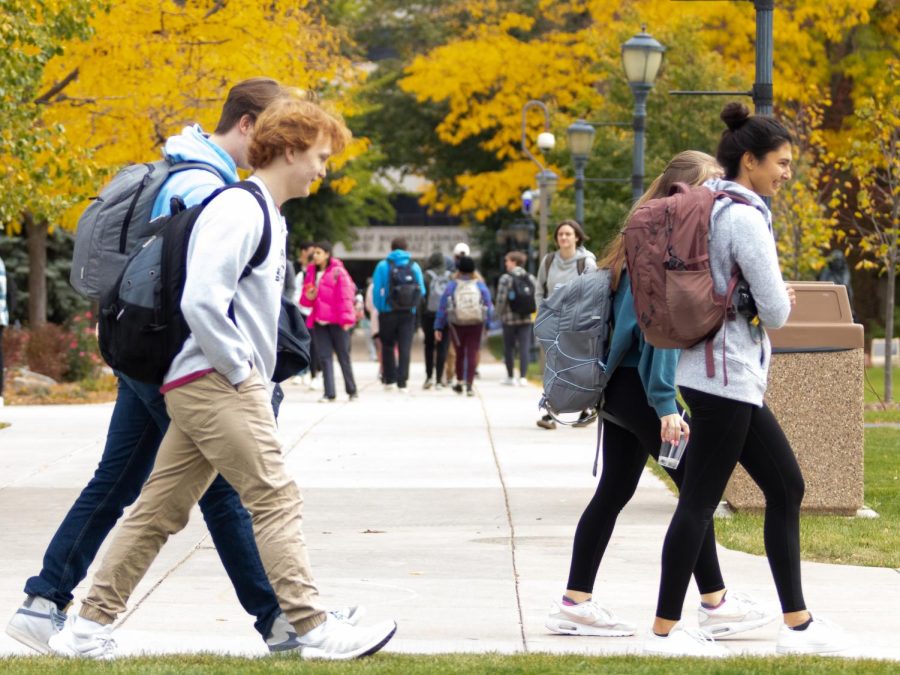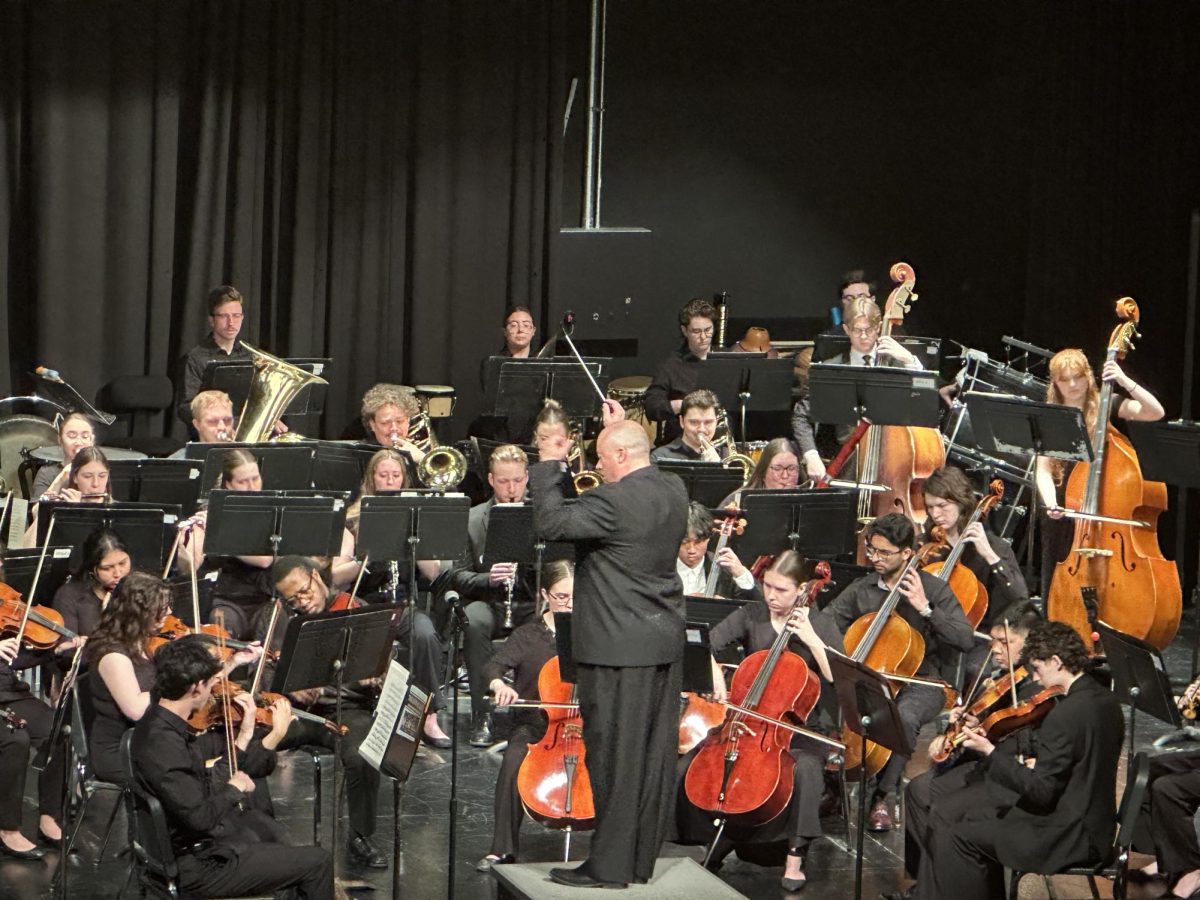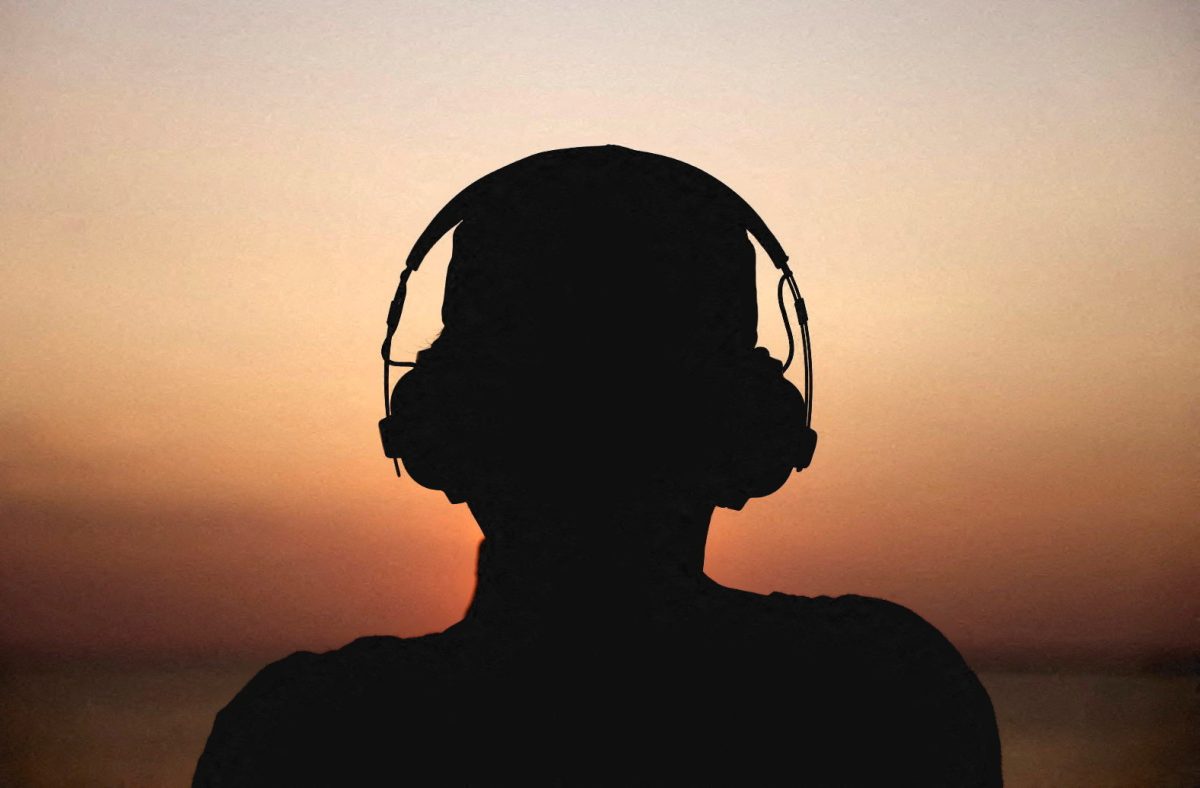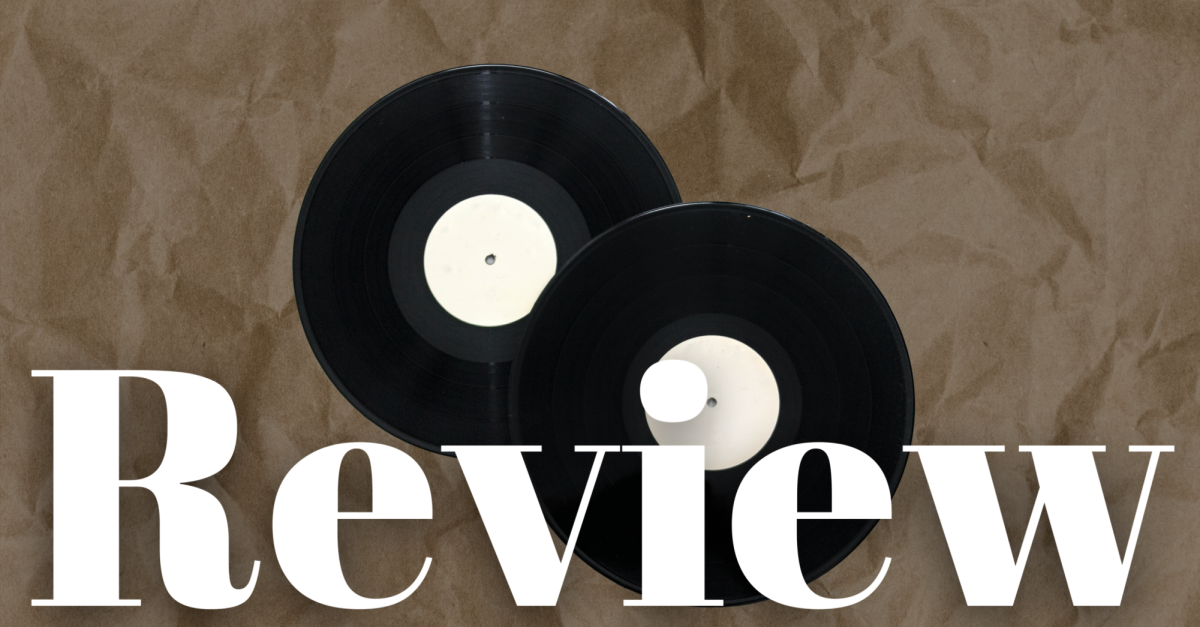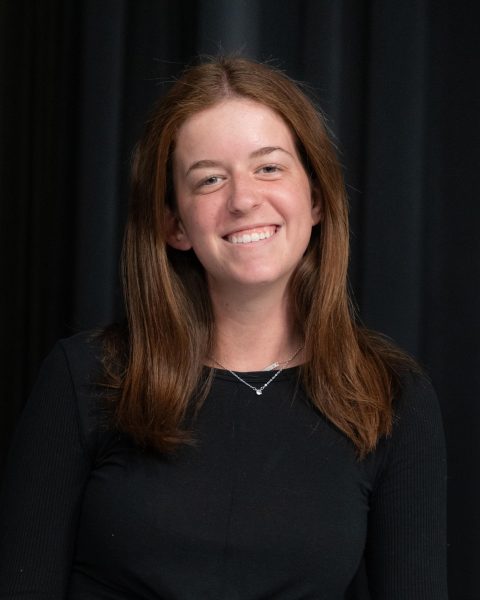Music means something different to everyone. It can take you on a journey, provide you comfort, make you sad or make you smile.
For Julia Asimacopoulos, sophomore in the College of Engineering, music was able to help make her relate to the world all while connecting her even more with her family.
“I have two sisters that are much older than me, so when I was a toddler, they were going through their teen years and getting really into music. Music is such a good way for us to bond, especially when I started to listen to music that they listened to as well,” Asimacopoulos said.
Asimacopoulos said she has memories of music that age all the way back to when she was four.
“I know my oldest sister has a video on her iPod Touch when I was little and she was quizzing me on band members of AFI [A Fire Inside], which is where I really remember music rubbing off on me,” Asimacopoulos said.
There wasn’t a day that went by in her life where she didn’t listen to music, Asimacopoulous said.
According to Musical Pursuits 2023 statistics, the average person often spends 75 minutes of their day listening to music, which would total to around 525 minutes throughout the week; however, Asimacopolous surpasses those numbers.
“I have a lot of music tracking apps,” Asimacopoulos said. “I can see through the app that I normally end up listening to about 2,500 to 4,000 minutes of music a week — which varies a little more or a little less each week.”
The album “You Won’t Get What You Want” by Daughters, was the first album that really gave Asimacopoulos a sense of belonging, she said.
“In general, realizing that I wasn’t alone was such a huge part that shaped me and gave me more of a sense of belonging in life. One of my favorite albums of all time — that I don’t really recommend to many people because of how sad it is — is what really touched me and allowed me to dive into myself, because it is such a raw and emotional album that is supposed to make you feel horrible,” Asimacopoulos said.
The way that music can relate with different audiences, Asimacopoulos said, is what really makes her feel connected.
“I always talk with my mom about music that she likes, and diving into the meaning of how it relates to us in the world,” Asimacopoulos said. “Especially how right in front of you with music there is so much evidence that people feel the same as you and go through the same emotions.”
Worrying about not knowing if you will belong, but then listening to an artist express those same emotions is something Asimacopoulos said was the most impactful thing about music to her.
“Artists pour their souls into you,” Asimacopoulos said. “You think the world is really individualistic, but music has taught me the world is a lot more communal than we think it is and we will always have something to belong to.”
This story was written by Sophie Goldstein. She can be reached at sophie.goldstein@marquette.edu.




